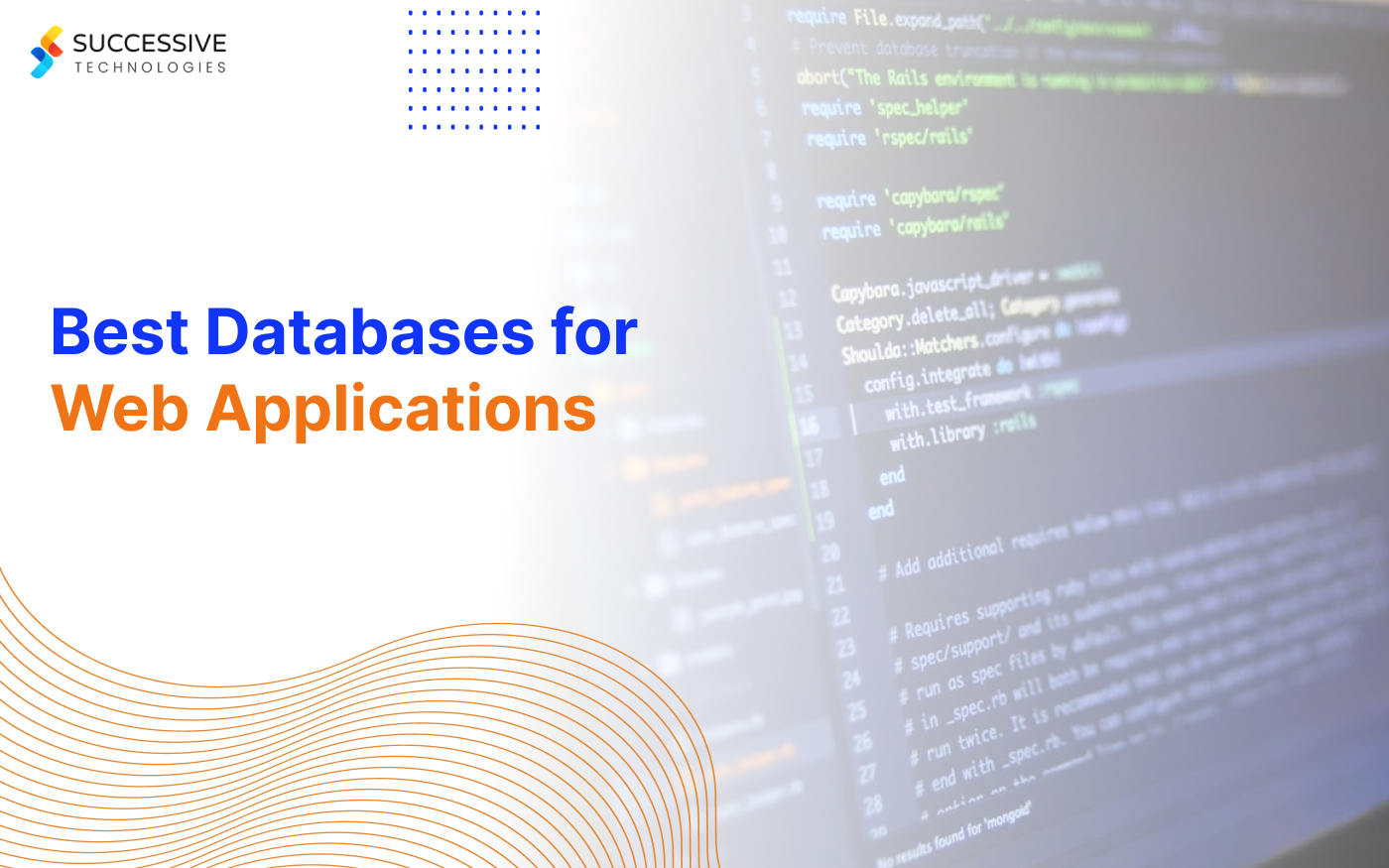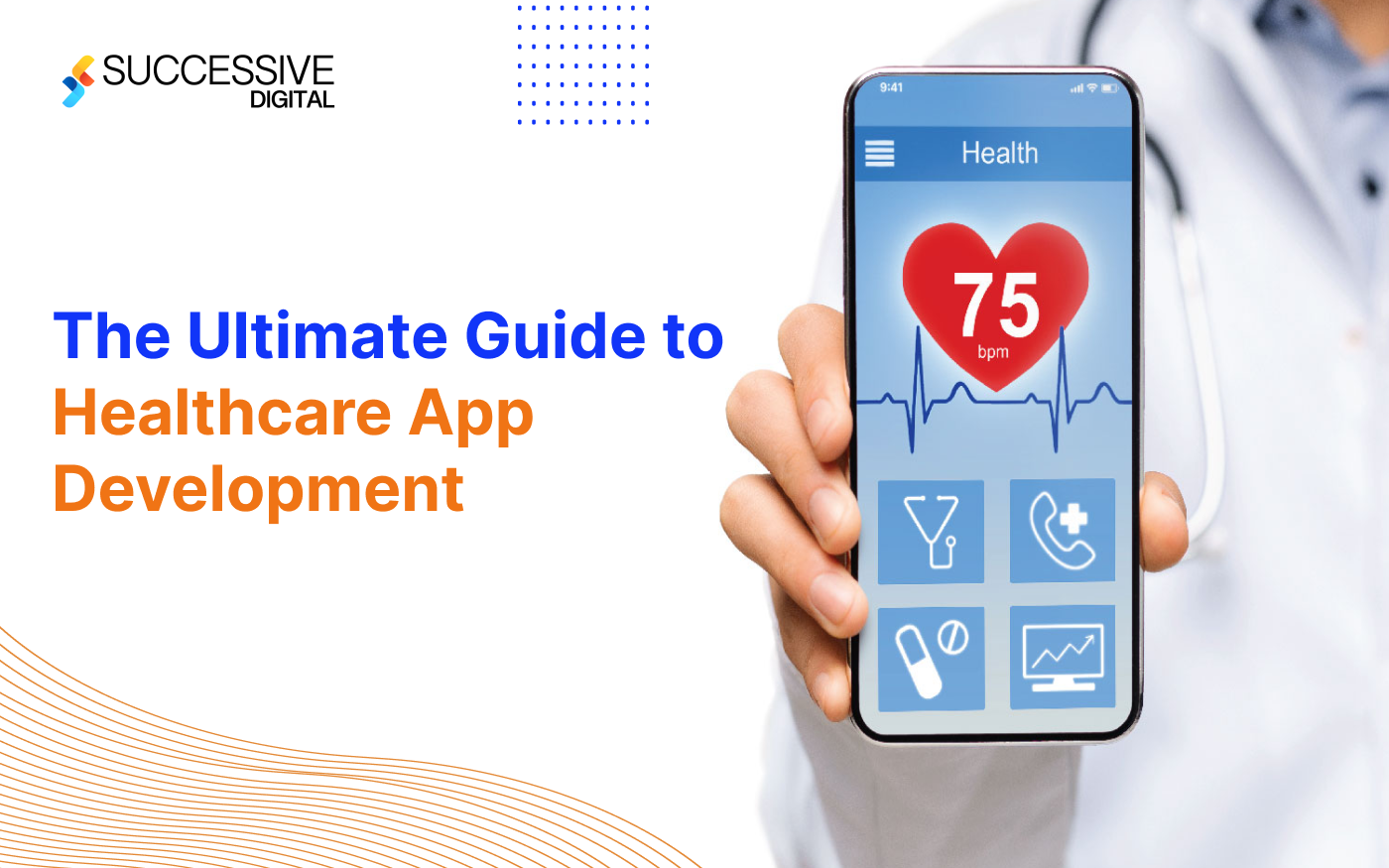The convergence of AI and robotics in healthcare stands as a beacon of transformative potential. These advanced technologies are not simply augmenting traditional medical practices but also revolutionizing every side of healthcare delivery, from diagnostics and treatment and care experience to automated facility control. The use of AI and robotics in healthcare industry heralds a new era in healthcare innovation, promising to address longstanding challenging situations and unlock unparalleled possibilities for improvement in patient outcomes and operational performance.
Integrating AI and robotics in healthcare represents more than just a technological development; it is a transformative catalyst, empowering healthcare providers to manage an increasing number of unique and effective care. AI is reshaping medical decision-making and altering the technique to improve personalized care by evaluating tremendous datasets, discerning complicated patterns, and extracting insights with precision.
Moreover, the role of robotics and AI in healthcare extends far beyond being mere tools; they are a transformative force, reshaping the landscape of medical interventions. Equipped with unprecedented precision, dexterity, and proficiency in minimally invasive procedures, medical robots are breaking geographical barriers and enabling access to healthcare services in remote areas. This progress paints a picture of a healthcare future that is more inclusive and efficient, transcending borders and benefiting people worldwide.
This blog delves into the synergistic relationship between AI and robotics in healthcare, highlighting its potential in the healthcare space and the challenging situations of integration while offering real-world examples to demonstrate its transformative impact.
AI in Healthcare

- Medical imaging and diagnostics have passed through a profound transformation with the integration of AI solutions and robotics in healthcare. By harnessing machine learning algorithms, AI augments imaging technology skills, including MRI, CT scans, and X-rays, allowing more correct and timely diagnoses. These algorithms examine imaging facts with extraordinary precision, detecting abnormalities and patterns indicative of numerous medical situations. As a result, AI-improved scientific imaging enhances diagnostic accuracy and helps with early detection and remedy-making plans.
- Personalized treatment plans have emerged as more tailored and effective with the use of AI and robotics in the healthcare industry. AI algorithms generate individualized remedy guidelines by analyzing affected person data sets encompassing genetic profiles, medical histories, and lifestyle factors. These insights allow healthcare professionals to offer customized therapies that optimize affected patient outcomes while minimizing health effects’ consequences. From cancer treatments to persistent disease management, AI-powered personalized medicinal systems represent a paradigm shift toward patient-centric care.
- Remote monitoring and predictive analytics have revolutionized healthcare delivery, mainly for determined disorder management. AI and robotics in the healthcare industry along with smart wearable devices, constantly collect affected person data, including crucial vitals, transmitting them to healthcare companies in real time. Advanced algorithms examine this data to detect deviations from normal patterns, taking into consideration early intervention and prevention of complications. By using the power of predictive analytics, healthcare experts can proactively cope with rising health problems, enhance affected person experience of care, and decrease cost of healthcare.
Robotics in Healthcare
- Surgical robotics has emerged as a groundbreaking development in medical technology, revolutionizing the use of AI and robotics in healthcare industry. With precision and efficacy of surgical procedures, these state-of-the-art robot systems, exemplified by the da Vinci Surgical System’s aid, helps surgeons in complex operations with unparalleled accuracy and management. By translating the health care provider’s hand movements into precise micro-moves, surgical robots decrease tissue damage, reduce submit-operative complications, and accelerate the affected person’s healing. This transformative generation is reshaping the field of surgical treatment, paving the way for safer, much less invasive processes with advanced effects.
- Logistics and automation technologies have streamlined healthcare operations, optimizing performance and helpful resource usage inside clinical centers. AI and robotics in healthcare systems navigate medical institution environments to supply medicines, supplies, gadgets, and equipment where wanted. By automating recurring tasks like inventory control and affected person transportation, these technologies free up healthcare resources to focus more on patient care, which, in the long run, improves usual operational efficiency and enhances high-quality healthcare delivery.
- Assistive robotics represents a transformative step forward in healthcare, empowering individuals with disabilities to regain independence and enhance their existence. Use of AI and robotics in healthcare, offer personalized help tailor-made to the person’s unique wishes. By augmenting mobility and capability, assistive robots enable users to carry out everyday activities with greater ease and self-belief. Moreover, they promote physical rehabilitation and social inclusion, fostering an extra inclusive and supportive healthcare atmosphere for individuals with disabilities.
Real-World Examples of Robotics and AI in Healthcare
Intuitive Surgical’s da Vinci Surgical System:
This advanced system integrates present-day robotics with medical professional expertise, facilitating minimally invasive tactics throughout various surgical specialties. With its precision instrumentation and immersive 3-D visualization capabilities, the da Vinci System allows surgeons to carry out intricate operations with excellent skill and precision, ultimately leading to progressed affected person effects and shorter restoration instances.
Exoskeleton Technology by Ekso Bionics
These meticulously designed and engineered wearable robot gadgets provide powered help to people with spinal cord injuries and neurological impairments. By augmenting lower limb function and facilitating gait training, Ekso Bionics’ exoskeletons allow users to regain mobility and independence. With superior sensory feedback and intuitive management mechanisms, exoskeletons offer a transformative solution for people striving to enhance their mobility and quality of life.
Conclusion
The integration of AI and robotics in healthcare marks a pivotal juncture in the evolution of medical science. Their blended capacity gives a glimpse into a future in which precision medicine, personalized care, and operational efficiency are the cornerstones of modern healthcare. As these technologies continue to grow, the possibilities for improving the consequences for affected persons, improving accessibility, and revolutionizing care delivery are boundless. However, challenges, regulatory hurdles, and ethical concerns must be addressed in which Healthcare App Development Services can help to harness their transformative ability completely. Despite these challenging situations, the trajectory is clear: AI and robotics in the healthcare industry will drive innovation and shape a healthier world for future generations.












